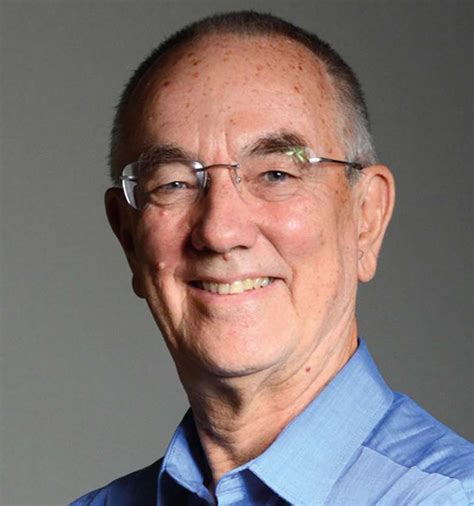A Quote by Guy Claxton
We have to learn to make our own way through a complex world without the benefit of an accepted trustworthy route map.
Related Quotes
What a lost person needs is a map of the territory, with his own position marked on it so he can see where he is in relation to everything else. Literature is not only a mirror; it is also a map, a geography of the mind. Our literature is one such map, if we can learn to read it as our literature, as the product of who and where we have been. We need such a map desperately, we need to know about here, because here is where we live. For the members of a country or a culture, shared knowledge of their place, their here, is not a luxury but a necessity. Without that knowledge we will not survive.
To the game code, the world is still just a tile map, but for rendering, each map was exported as a general-purpose 3D model, and the artists could then go through it and spend the polygons any way they liked, without the limits of line-of-constant-z software rasterization that we lived with on the mobile phones.
In building a path through the self to the far shore of awareness, we have to carefully pick our way through our own wilderness. If we can put our minds into a place of surrender, we will have an easier time feeling the contours of the land. We do not have to break our way through as much as we have to find our way around the major obstacles. We do not have to cure every neurosis, we just have to learn how not to be caught by them.
Perhaps randomness is not merely an adequate description for complex causes that we cannot specify. Perhaps the world really works this way, and many events are uncaused in any conventional sense of the word. Perhaps our gut feeling that it cannot be so reflects only our hopes and prejudices, our desperate striving to make sense of a complex and confusing world, and not the ways of nature.
I compare a lot of life to looking at a map through a straw. The less ability you have to see life in a humorous way, the smaller the straw is that you're looking at the map of life. You're not looking at the whole picture. You can't see the whole topography without it, and it can help you to make better choices.
Fantasy is more than an escape from the truths of the world and the past: it is an open acknowledgment that those truths are complex and morally difficult. It offers a different route to creating something which will resonate with readers, in a way which resists the erasure of privacy and autonomy which pervades our modern world.
When I was born I became the visible corner of a folded map. The map has more than one route. More than one destination. The map that is the unfolding self is not exactly leading anywhere. The arrow that says YOU ARE HERE is your first coordinate. There is a lot that you can't change when you are a kid. But you can pack for the journey.
I believe that to meet the challenge of our times, human beings will have to develop a greater sense of universal responsibility. We must all learn to work not just for our own self, family, or nation but for the benefit of all humankind. Universal responsibility is the key to human survival. It is the best foundation for world peace, the equitable use of natural resources, and through concern for future generations, the proper care of the environment.



































